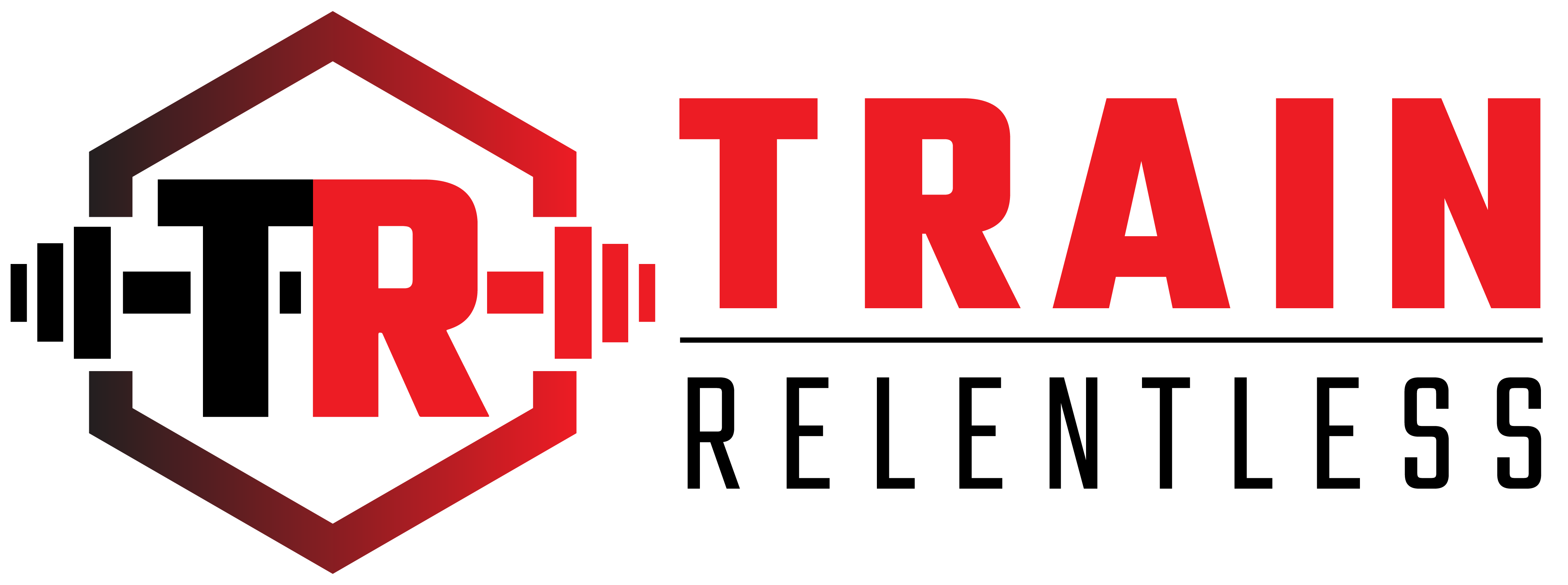Starting your weight training regimen can be daunting and challenging for a lot of novice fitness enthusiasts. You might feel like you have a lot of questions in mind about lifting weights. To help those who struggled and doubted their decision to lift weights, here are frequently asked questions that can help disprove misconceptions and help you understand lifting weights better.
1. Should I start lifting weights or should I do free weights first?
A lot of people are asking whether or not they should start lifting weights or perhaps do free weights exercises first. One of the benefits of doing free weights is that it is practical. Free weights exercises allow your body to learn how to carry its weight. Whether it’s doing pull-ups or push-ups, doing free weights is a good way to help build strength that will come in handy if you’re planning to lift heavy.
But between doing free weights and using machines in the gym, there’s a study that tells you to choose the former. Free weights can stimulate the body to produce acute free testosterone better than machine exercises. Free weights training will require stabilization, which is believed to be a contributing factor why it helps produce more free testosterone.
2.How much rest in between sets is needed?
The rest period should depend on your goal. If your goal is to develop strength, advocates of Strong First believe that you should give the body long rest periods before lifting your next set. On the other hand, if you plan to bulk up, then it’s a good idea to rest for only one to two minutes.
3. Is a spotter necessary?
Should you or should you not get a spotter? Keep in mind that if you’re dealing with heavy weights, it is ideal to always have a spotter. However, some machines can promote safety inside the gym. Squat rack designs today have safety arms that can catch the weight you’re carrying in case you are doing your workouts alone.
4. Can I train the same muscle groups on consecutive days?
A lot of gym gurus will tell you that you should give muscle groups at least 24 hours of rest before working on them again. In a study published in 2017, it is during rest periods that the body repairs muscles that did the work. Without recovery time, don’t expect to see progress in a particular muscle group.
Aside from wasting your time, there is even a higher chance of getting injured. Overuse injuries are common among athletes since they keep on using the same muscles again and again.
5. Should I go with compound or isolated exercises?
Compound exercises involve a variety of muscle groups. On the other hand, isolated exercises such as bicep curls and calf raises only work on one muscle group. If you don’t have a lot of time and you’re after overall fitness or losing weight, then you should prioritize doing compound exercises.
On the other hand, there is practical value in doing isolated exercises. You get to work on neglected muscle groups that can make a difference in your performance. For example, there are instances when people can’t beat their PR in deadlifts because they don’t have good grips. Focusing on your grips for a few weeks might be the one that can help give you the results you’ve been waiting for.
6. Is lifting to failure a good strategy to work out?
Now that modern systems surrounding weight lifting revolves around working smart, many are against training to failure. Training to failure is when you compromise form just to get finish the set. In reality, it can do more harm than good. Training to failure can take away the muscles that should be doing the work. Your body starts to compromise just to complete the set.
7. Should I lift in the morning or at night?
A lot of gyms nowadays are open 24/7. Should you lift in the morning or at night? Science points out that there is less cortisol or stress hormone at night, making it easier to lift weights. However, if it is stopping you from having a good night’s sleep, then it might be a better idea to finish your weight training session in the morning.
8. Do I eat before or after a workout?
When it comes to lifting weights, nutrition is just as important as the actual work. Should you eat before or after lifting weights?
It depends on what you’re planning to accomplish. If you’re after building strength and bulking up, then you should be eating both before and after the workout. You should eat carbohydrates before the workout to make sure that your body will turn to carbohydrates for fuel instead of the available protein that could help build muscles.
On the other hand, if you’re looking to lose weight, then a protein-rich post-workout will already get the job done.
9. Do you need protein supplements?
Should you buy whey protein and other protein supplements if you’re lifting weights? Or is it just pure marketing? Protein supplementation is not necessary. However, it does have its advantages. There are low-caloric protein-rich formulas perfect for those who plan on building strength and bulking up while minimizing weight gain from fats. Plus, whey supplements can be absorbed by the body easily lessening periods where the body catabolizes your muscles due to the lack of protein.
10. Should I increase the weights?
There are instances when it is tempting to increase the weights that you’re lifting. However, it is better if you can change the tempo first before you even decide to add more weights. You can slow the reps first or add more sets to your exercise.
Final Thoughts
Weight lifting can be a good way to improve your strength and improve your overall physique. But to get the best results, it’s always important to have a smart approach. With these questions, hopefully, you’ll get to maximize every rep.
